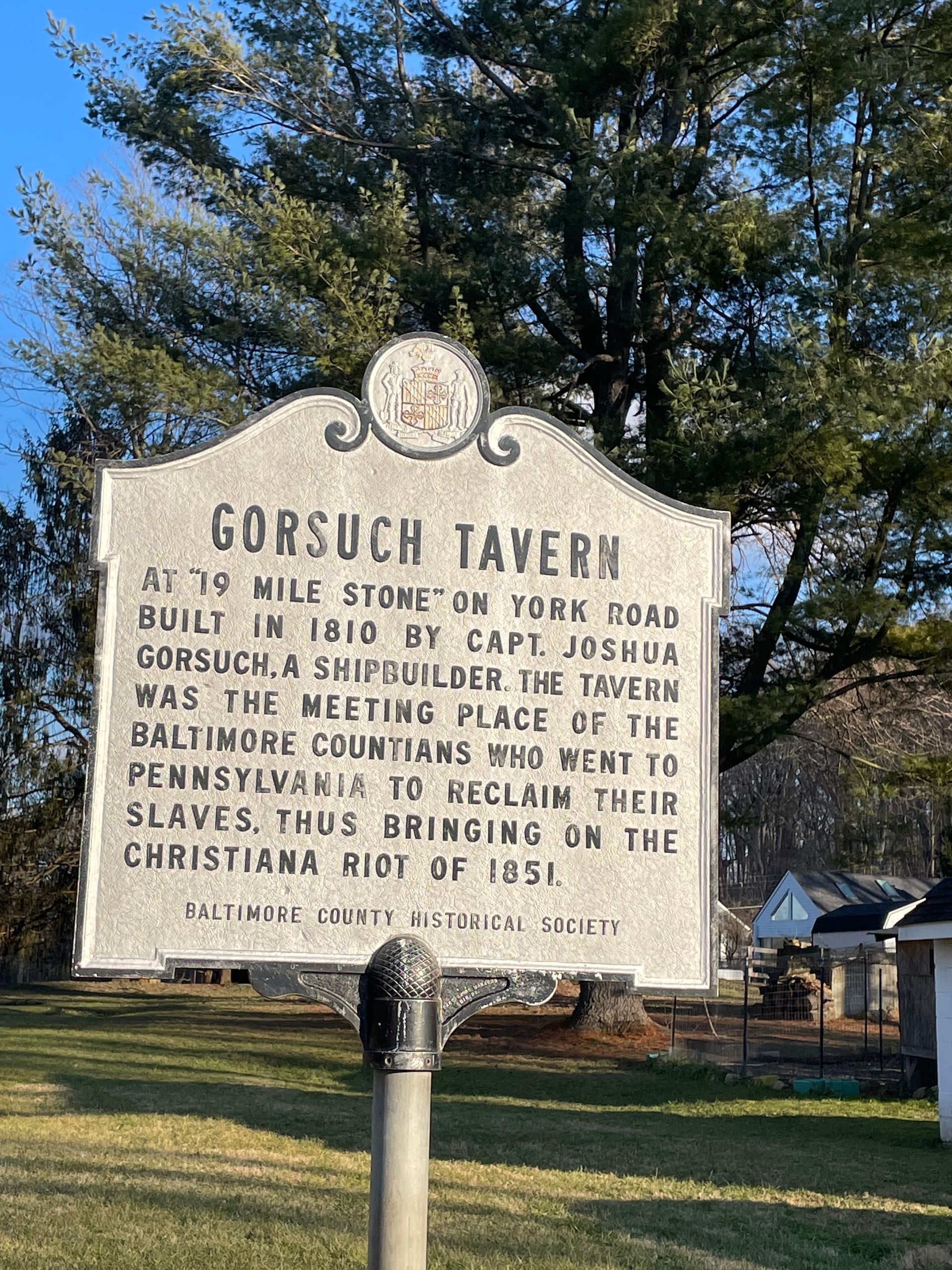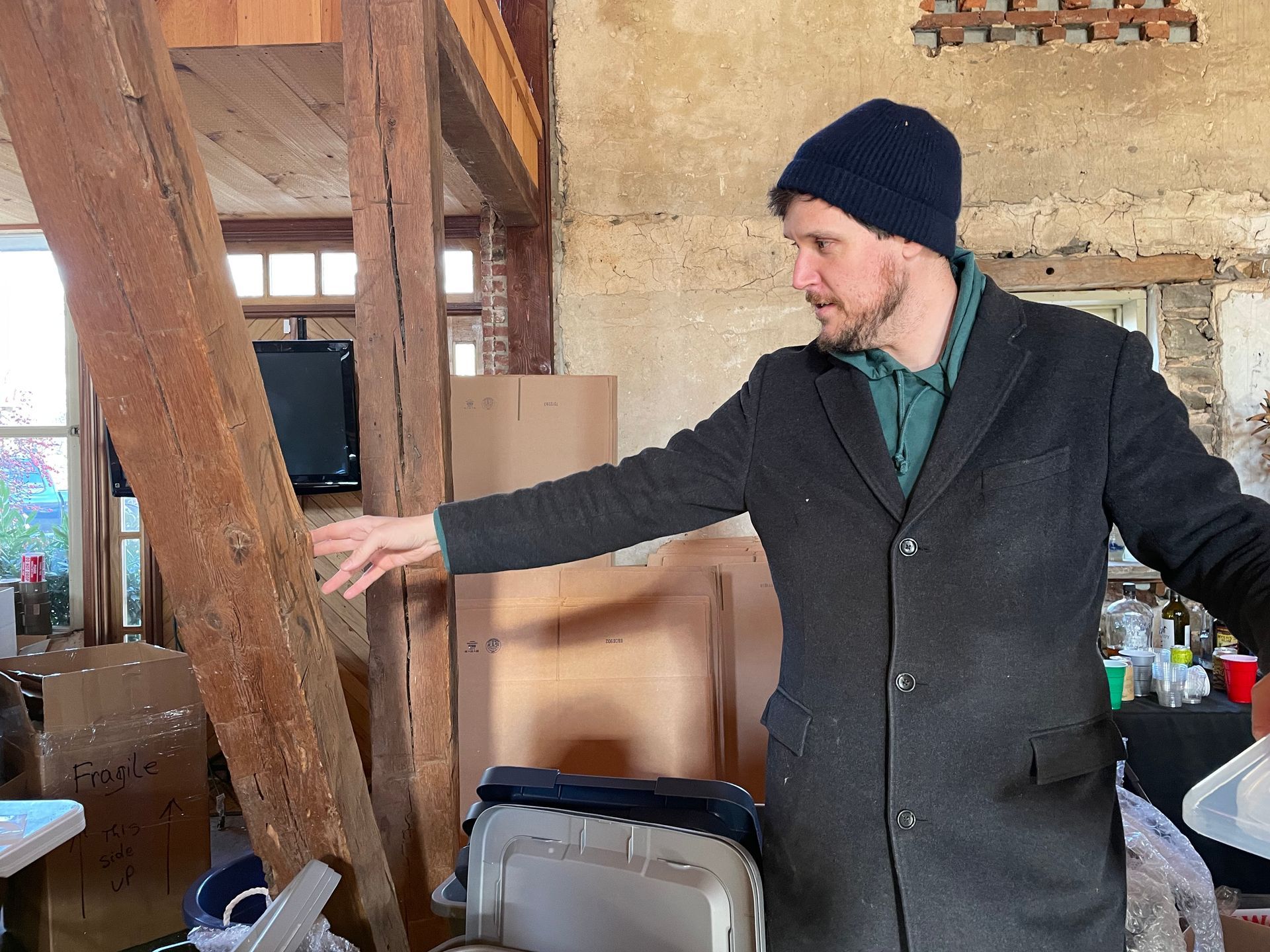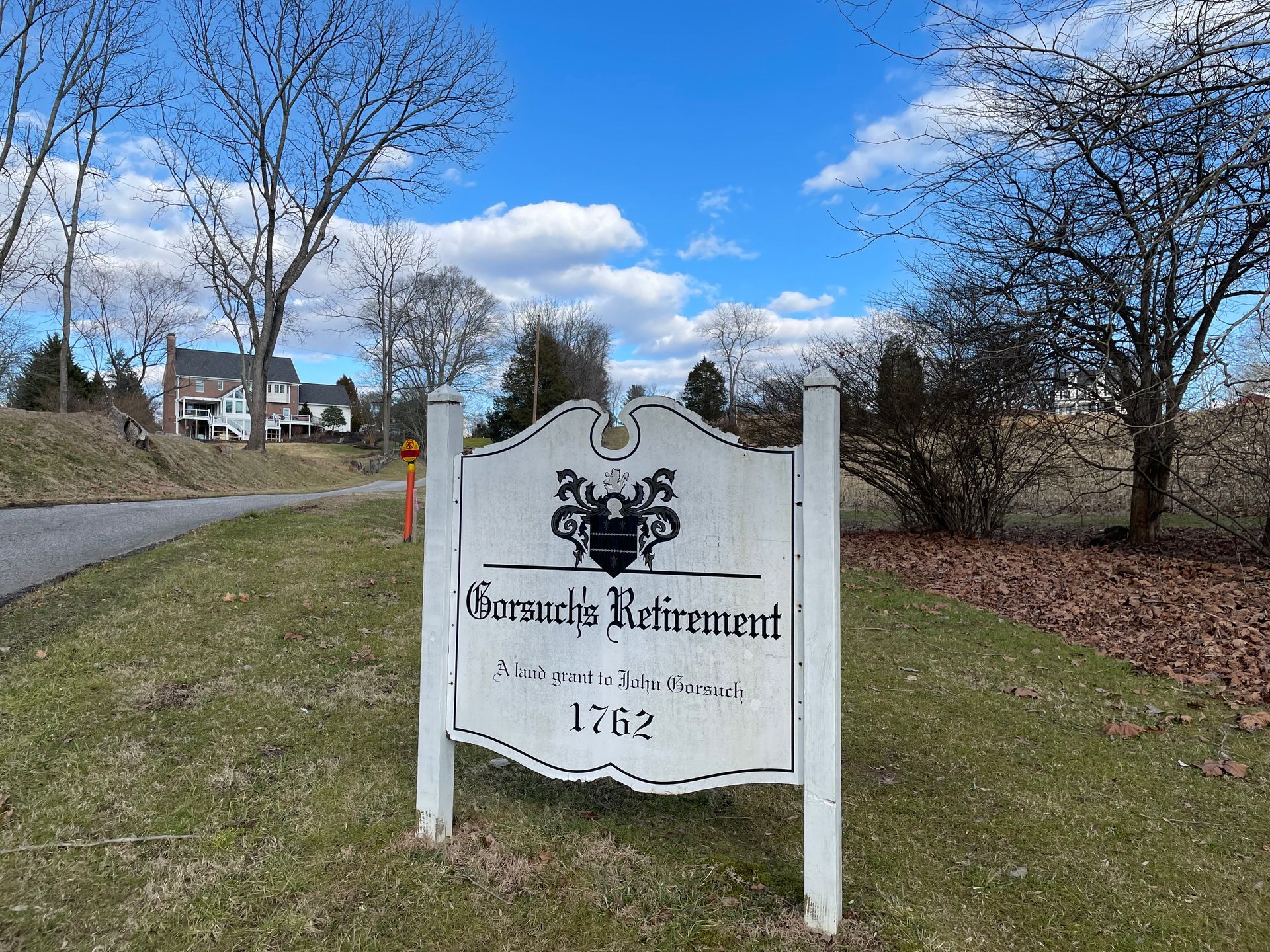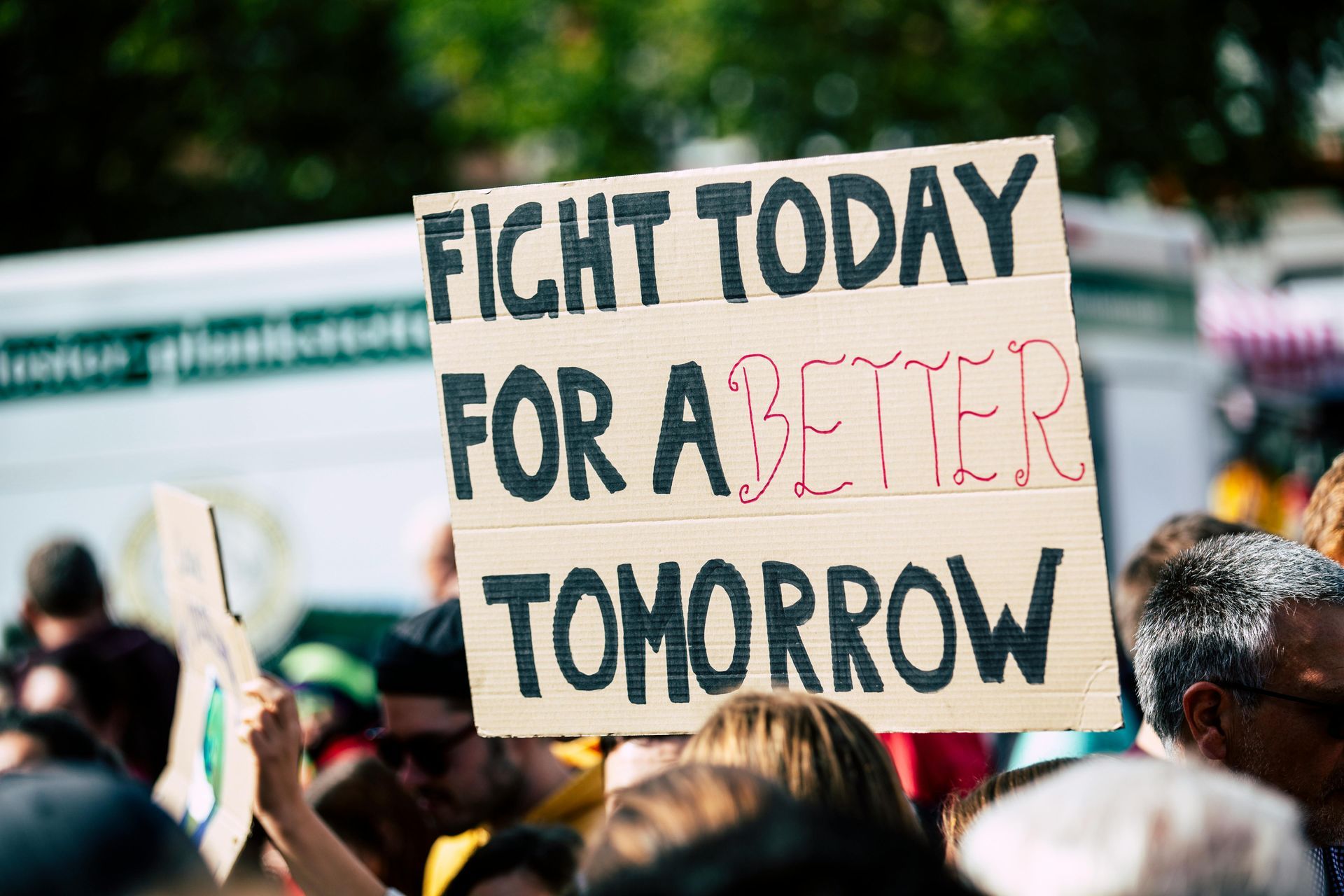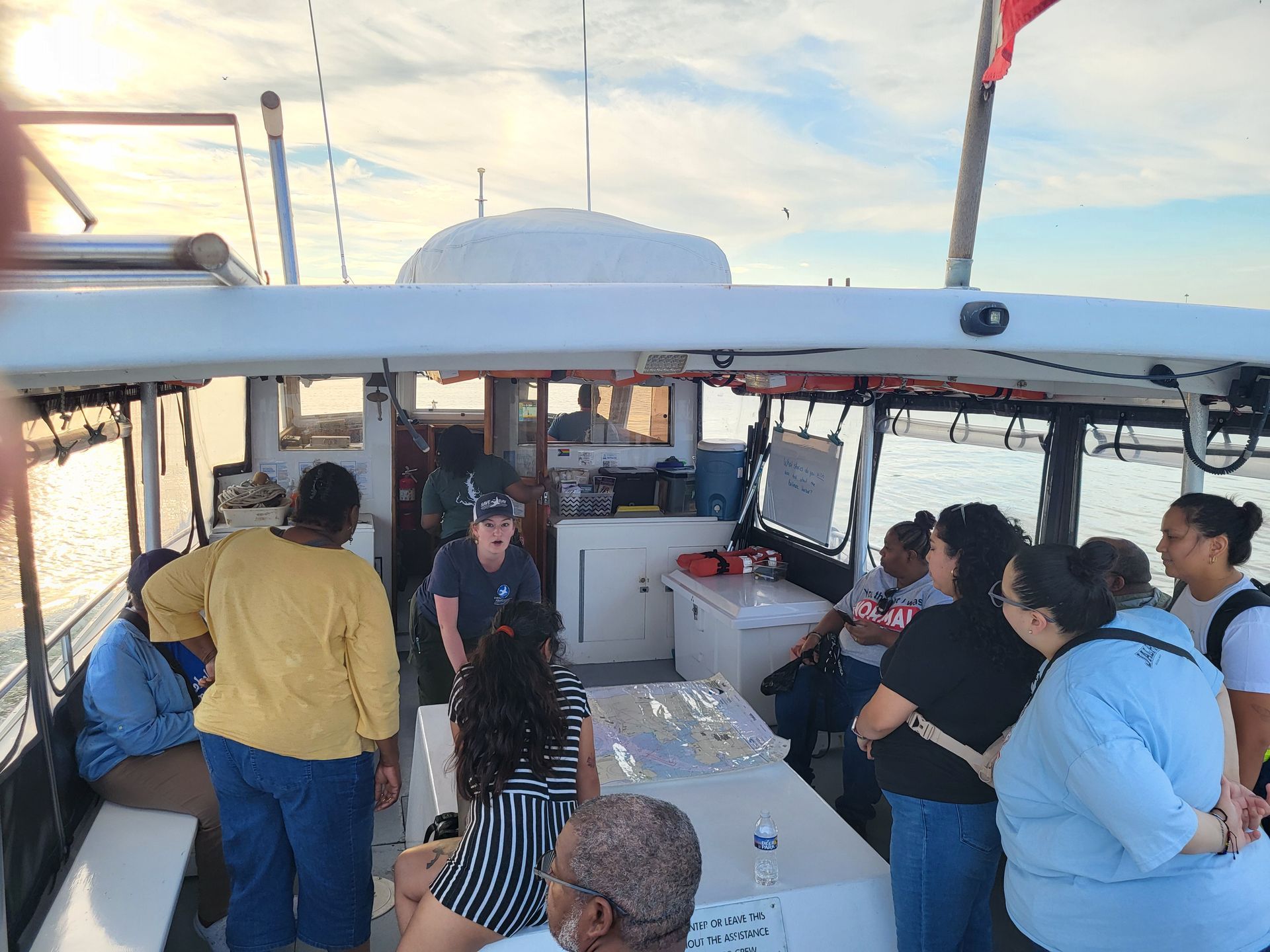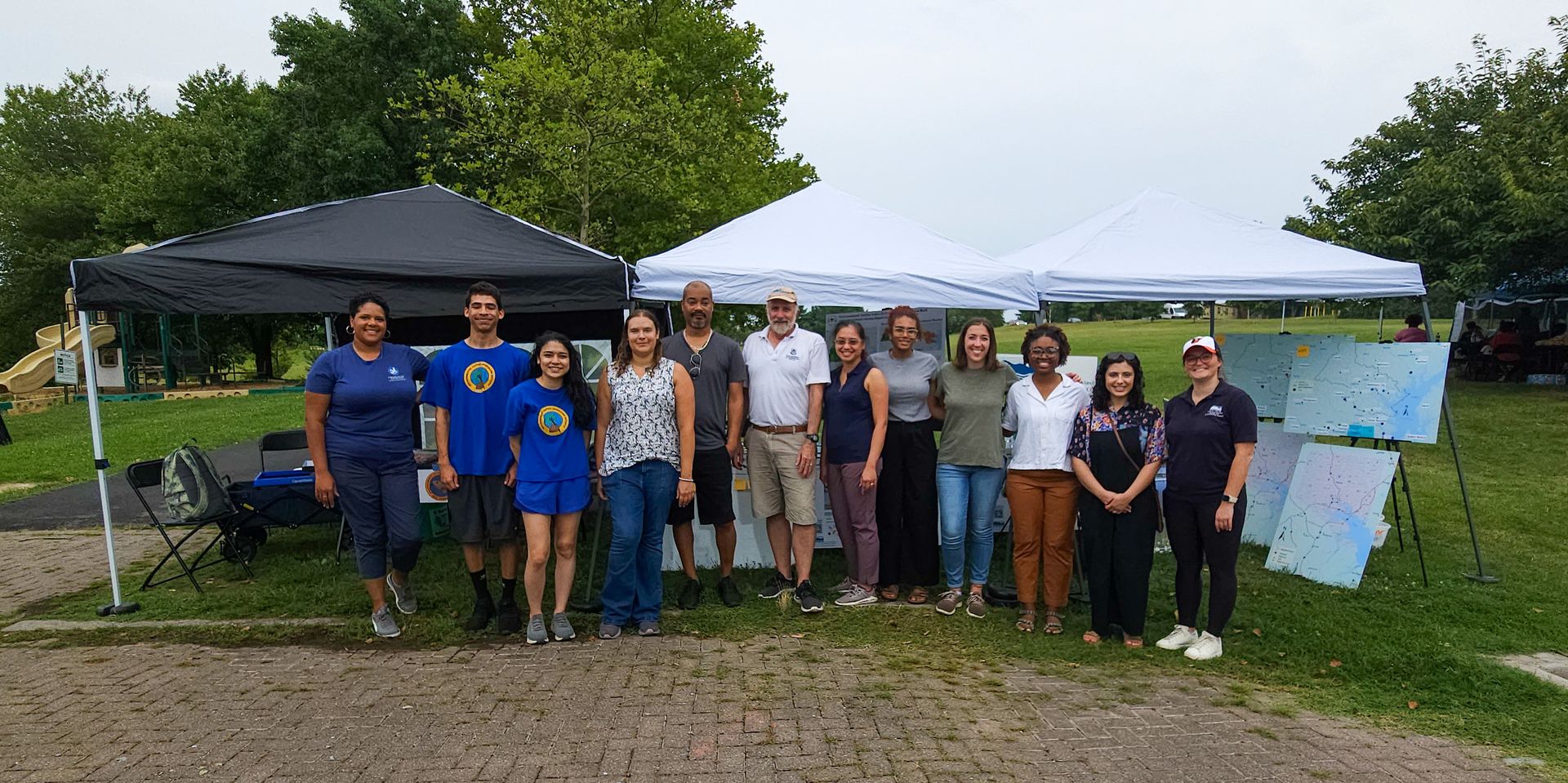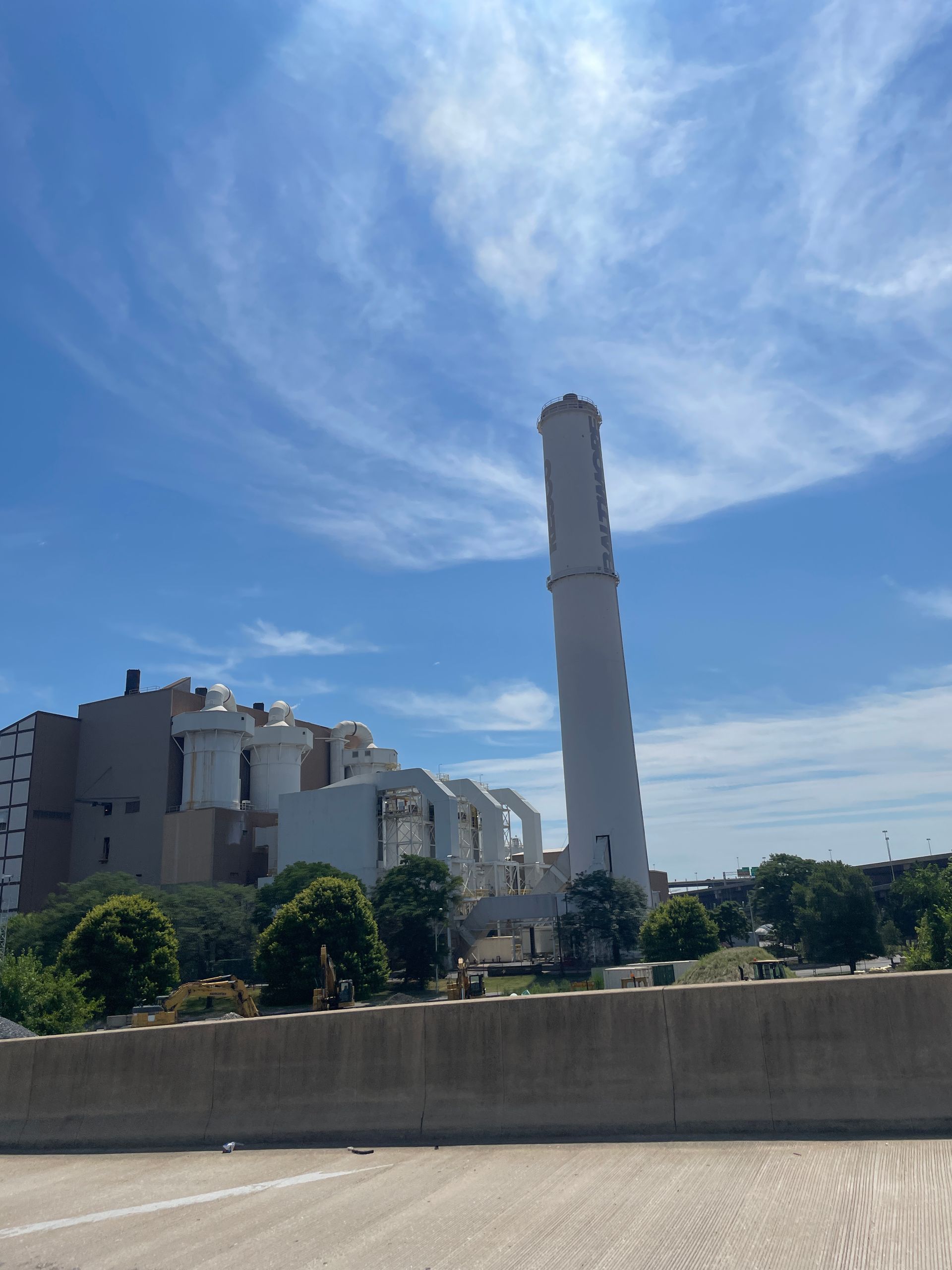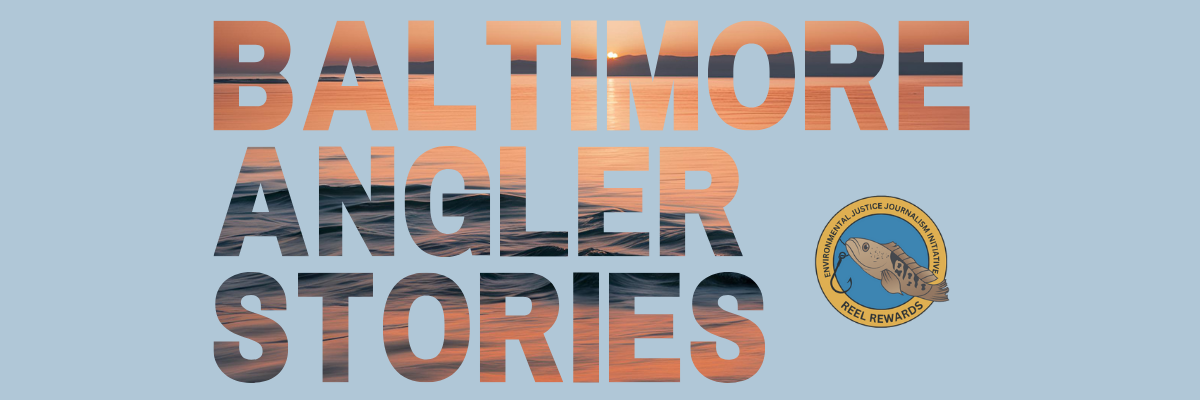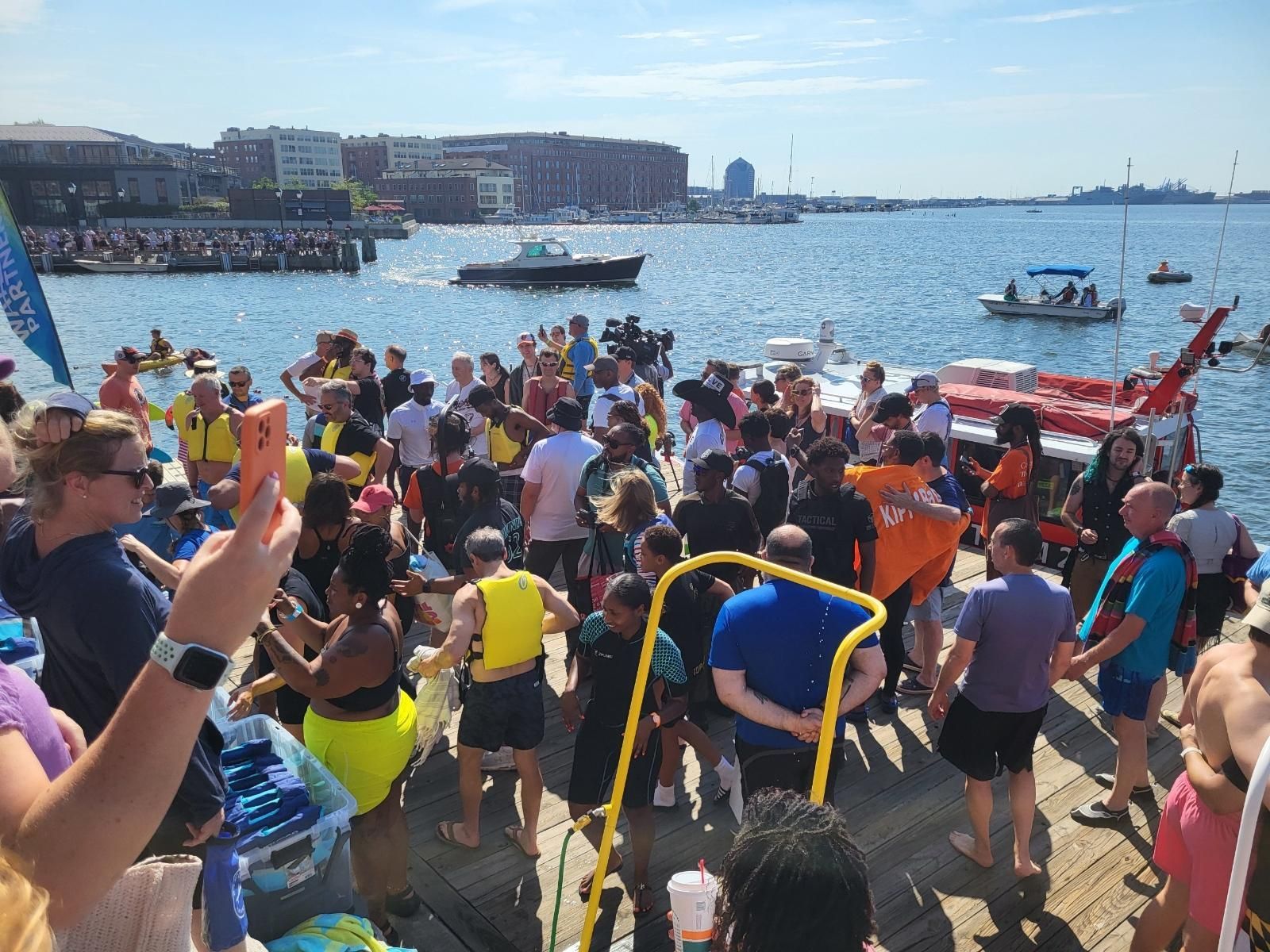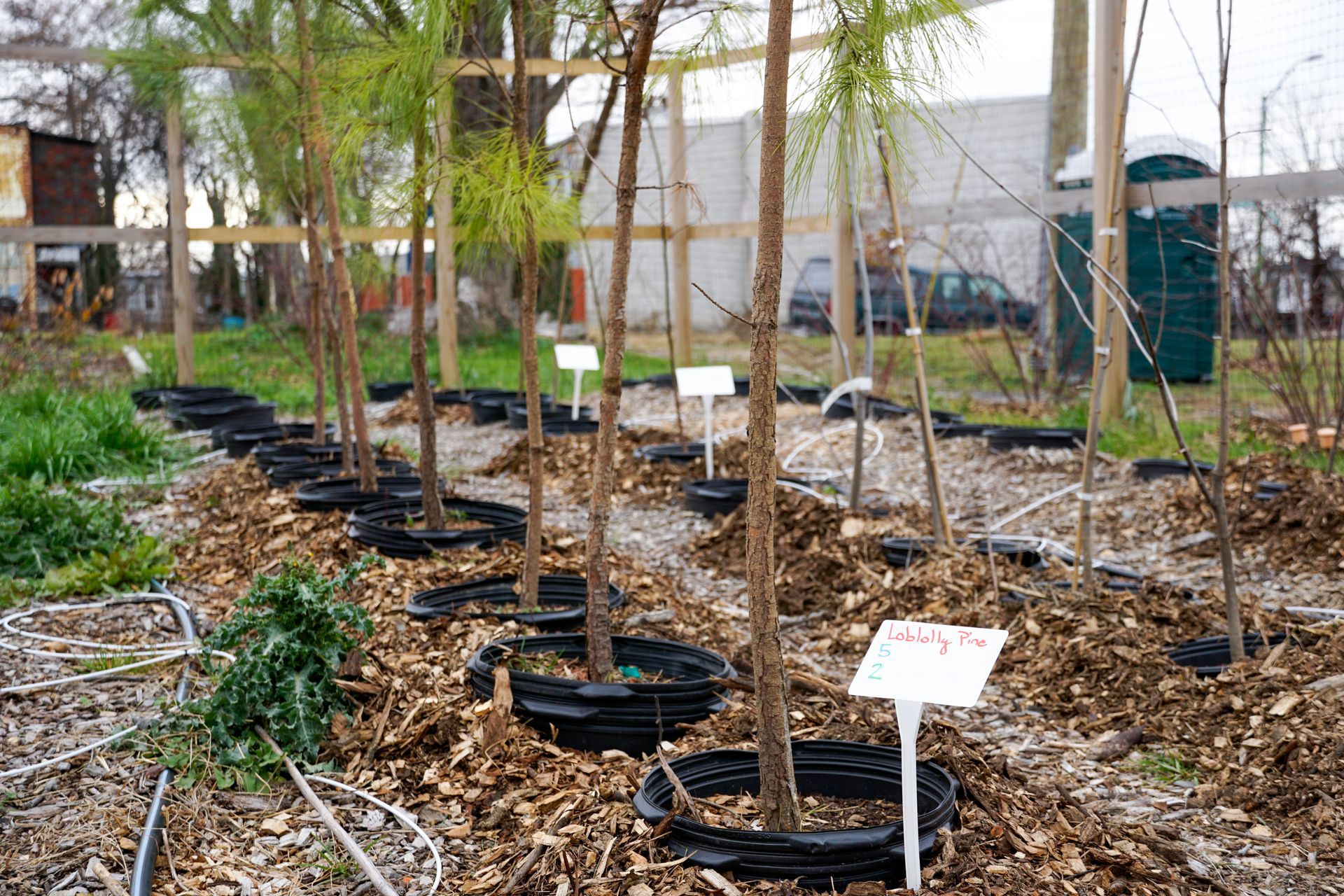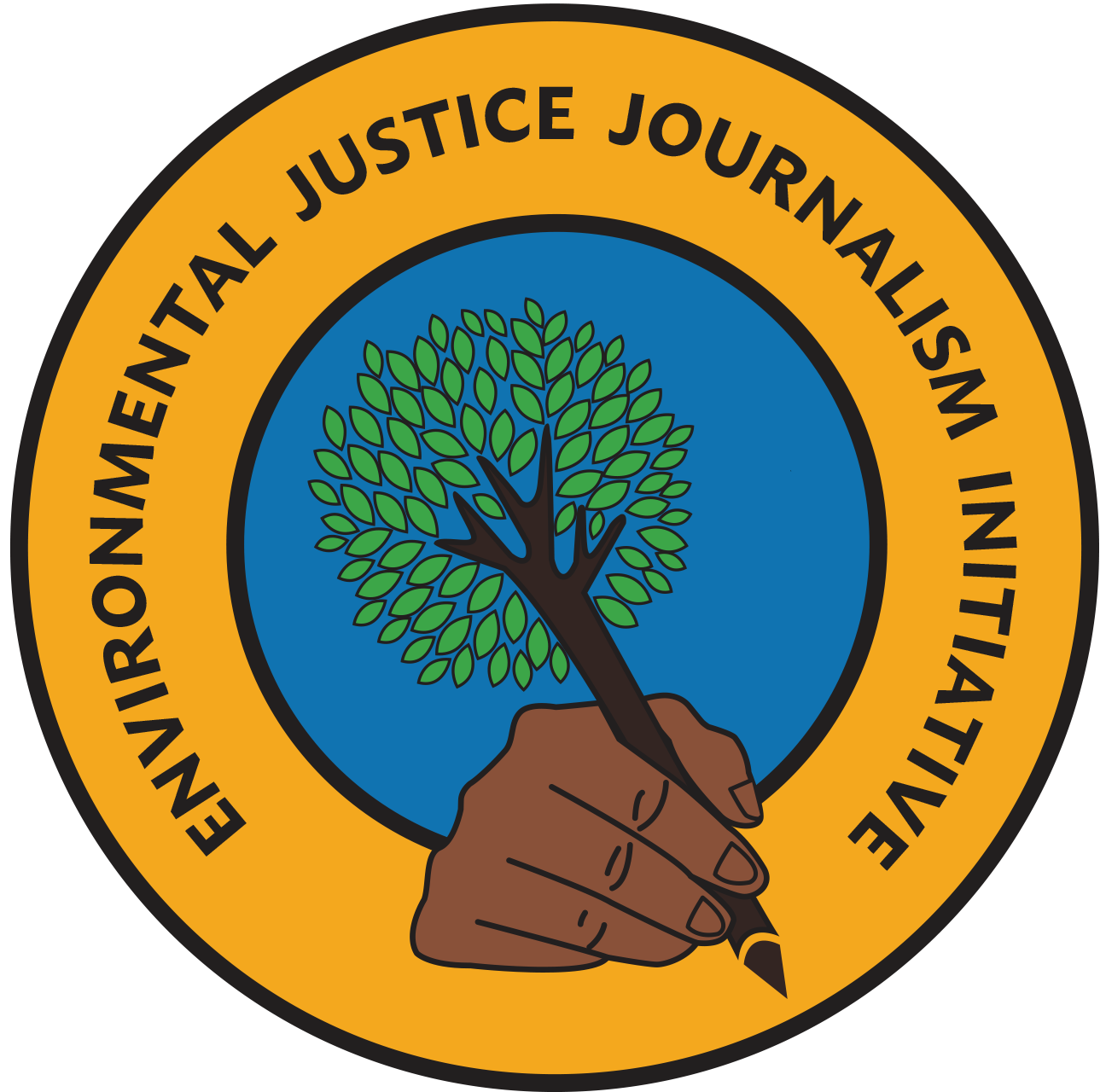Hiding History
Hiding History
I first learned about Edward Gorsuch and the Christiana Uprising when I read William Still’s book about the Underground Railroad.
Still, a noted
abolitionist who risked his life many times to help enslaved men and women free themselves, lived in Philadelphia. He interviewed many of the enslaved people who freed themselves and ran across the Maryland border to Pennsylvania. I cannot recommend his
book highly enough. It is extremely well-written, and it teaches us that slavery existed in places we likely didn’t think it did.
For me, one of those places was my home county. I knew Baltimore County landowners enslaved citizens. I knew about the Ridgely family and
Hampton Plantation. We call it Hampton “mansion,” which is just one of the many ways we like to obscure what really happened there.
So, to Edward Gorsuch.
From the story I wrote in the
Baltimore Banner:
The full Gorsuch story is windier than the roads and rivers the men navigated to freedom. It began in 1849, when Edward Gorsuch suspected that one of four enslaved men had stolen his grain. They included Noah Buley, Nelson Ford, George Hammond and Joshua Hammond. No one ever proved the allegation, but the men had endured enough of bondage. With the help of a free man, Abraham Johnson, they spent a night in Gorsuch’s barn and then headed for the Pennsylvania border.
When Gorsuch awoke to find them gone, he was angry and shocked. He fancied himself a benevolent master, having manumitted his enslaved men and women when they reached 28 years of age and then hiring them as seasonal workers.
Gorsuch knew the freedom seekers were in Lancaster County, but he could do nothing — until September 1850, when the U.S. Congress passed the Fugitive Slave Act. The law compelled Northern states to return enslaved people to their plantations, with punishments for refusal. Gorsuch hired a constable who found the men and agreed to accompany him to retrieve them.
The posse gathered at his tavern included his son, Dickinson, his nephew, Joshua Gorsuch, and another nephew named Thomas Pierce. Two other neighbors, Nicholas Hutchings and Nathan Nelson, joined. The group met the constable and arrived at the Christiana home that William Parker, who had run away from the Roedown Plantation in Anne Arundel County, was renting with some other freedom seekers from a Quaker couple, Levi and Sarah Pownall.
When Edward Gorsuch made his demands, Parker’s wife, Eliza, blew her horn to summon the community, who refused to help recapture the men. Most of the Gorsuch posse saw they would not win this battle. Edward Gorsuch declared: “My property I will have, or I’ll breakfast in hell.”
A firefight ensued. Someone shot Gorsuch; another resister gravely wounded Dickinson. Sarah Pownall helped her tenants escape to Canada. Parker, Buley, Ford, and the Hammond men all left quickly.
The federal government charged 38 men with treason, many of them Quakers. The abolitionist Thaddeus Stevens defended them. The first defendant’s trial lasted 15 minutes; the government didn’t try the rest. Maryland Attorney General Robert Brent fumed to Gov. Enoch Lowe that Pennsylvania made a “mockery” out of Maryland’s right to “protect her citizens.”
You may wonder, what does this story have to do with environmental justice? Good question. The land tells us stories – about our past, and about the terrible things that happened here. When we obscure them, when we DON’T tell these stories, we obscure our own history. We took so much from Black Marylanders. We need to look closely at all our laws, policies and customs to begin to make things right. So, we here at EJJI keep digging.
We will be on WYPR and WTMD to talk about this story!
